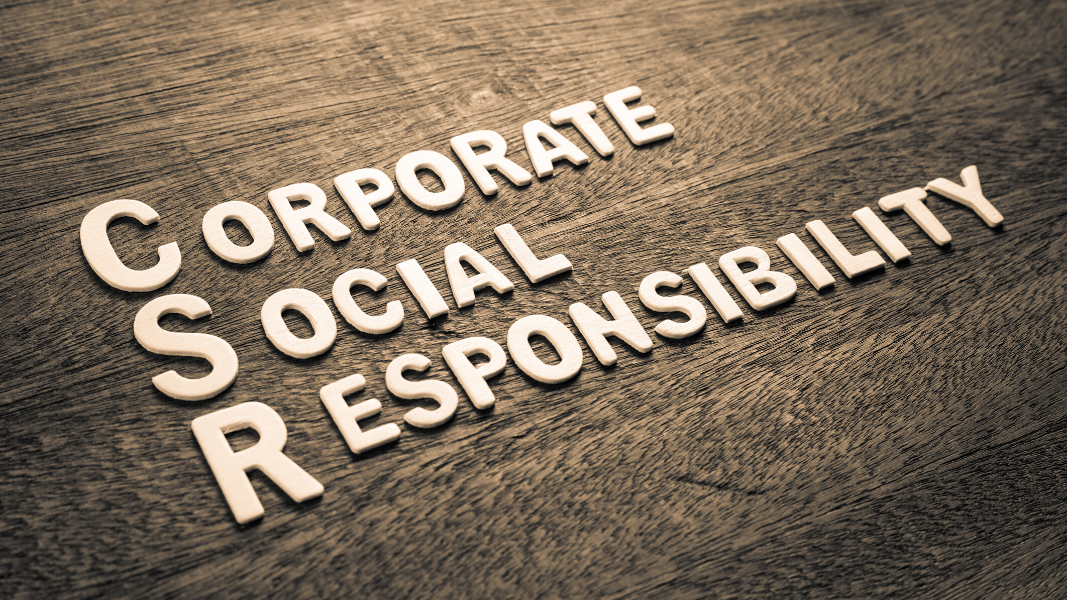
Look For The Right CSR Options
Corporate social responsibility, also known as CSR, is the contribution of companies to sustainable development. In this section, you will find the reference definitions and the definition given by professionals as well as the challenges and benefits of this approach for companies. For the corporate social responsibility this is important to know.
Corporate Social Responsibility, also CSR, is the practice of sustainable development by companies. Companies that undertake to put it in place will therefore integrate, on a voluntary basis, these dimensions beyond the legal framework imposed on them, by putting in place good practices e.g. promotion of diversity among employees or even by opening up to new economic models eg: equipment rental rather than sales.
For some companies, mainly those whose activity has a big impact on the environment e.g. mining or oil industries, this implies a questioning of their business model to make it compatible with the fight against climate change limitation of the increase in global temperature to 2 ° C or sustainable management of resources e.g.: safeguarding biodiversity.
Who Is Affected?
All companies, regardless of their size, status or sector of activity, can implement a CSR approach.
Since the adoption of the law and the modification of the civil code in 2019, all French companies without exception must “take into consideration” the environmental and social issues in the management of their activities. This establishes a minimum legal basis for integrating these CSR dimensions into the conduct of economic affairs. Volunteer companies can adopt the quality of a company with a mission by integrating a raison d’être with social and environmental objectives in its statutes. However, this requires monitoring by a specific committee, controlled by a third party.
Larger companies and listed companies are increasingly subject to specific regulations. For the past fifteen years, they have been asked to publish information on their environmental and social impacts (this is known as extra-financial reporting or Declaration of extra-financial performance (DPEF). The law on the energy transition has strengthened the climatic provisions for both companies and investors and since the law on the duty of vigilance adopted, large companies must also put in place monitoring measures that prevent environmental e.g. pollution, social e.g. human rights violations and governance e.g. corruption risks in their business units.
As suppliers or subcontractors to large companies, SMEs are therefore also increasingly encouraged to adopt such an approach. This can be seen in particular with the calls for tenders or the purchasing policies of the major groups that order them, which increasingly require more details on the environmental, social and governance measures of their suppliers. More and more companies take this into account and select the most virtuous.

What Are The Impacts Of Businesses?
To produce their goods and services, companies can have negative impacts on the planet. They can, for example, participate in the destruction of biodiversity via deforestation or soil or water pollution, for example or contribute to climate change via the emission of greenhouse gases such as methane or Co2. This is called the company’s environmental impact. From the part of educational leadership this is possible.
To reduce their impact, they can use clean technologies e.g. wind turbines, recycle, etc. They can also provide products or services that will allow other companies or individuals to reduce their energy consumption, for example.
Businesses can also have a social impact.
Pollution generated by the activity of companies can lead to a degradation of human health e.g. respiratory problems linked to the emissions of fine particles from diesel vehicles and in particular local residents e.g. contamination of water by dumping waste toxic in rivers. The company can also contribute to the deterioration of the health of its employees by not equipping them sufficiently to handle toxic products, for example or through overwork, etc. In the worst cases, they can contribute to child labor or modern slavery, notably through their chain of subcontracting.
Conversely, a company can have a positive impact on society by promoting the integration of people remote from employment or with disabilities in particular the social and solidarity economy sector or SSE, by promoting diversity of its staff or by dialoguing upstream of projects with residents and promoting local employment.
Finally, business activity can have an impact on the economy. It can promote corruption but also contribute to the degradation of public services, for example. Indeed, by opting for aggressive tax optimization techniques or by practicing tax evasion, they deprive governments of resources, in particular fiscal resources, which can lead them to increase taxes and reduce public services.
Companies can, however, take virtuous actions by choosing to be transparent about the payments such as production rights, taxes or duties, or royalties that they make to governments for the use of the country’s resources e.g. mining companies or by distributing their profits fairly among their shareholders, employees and communities affected by their activities.




